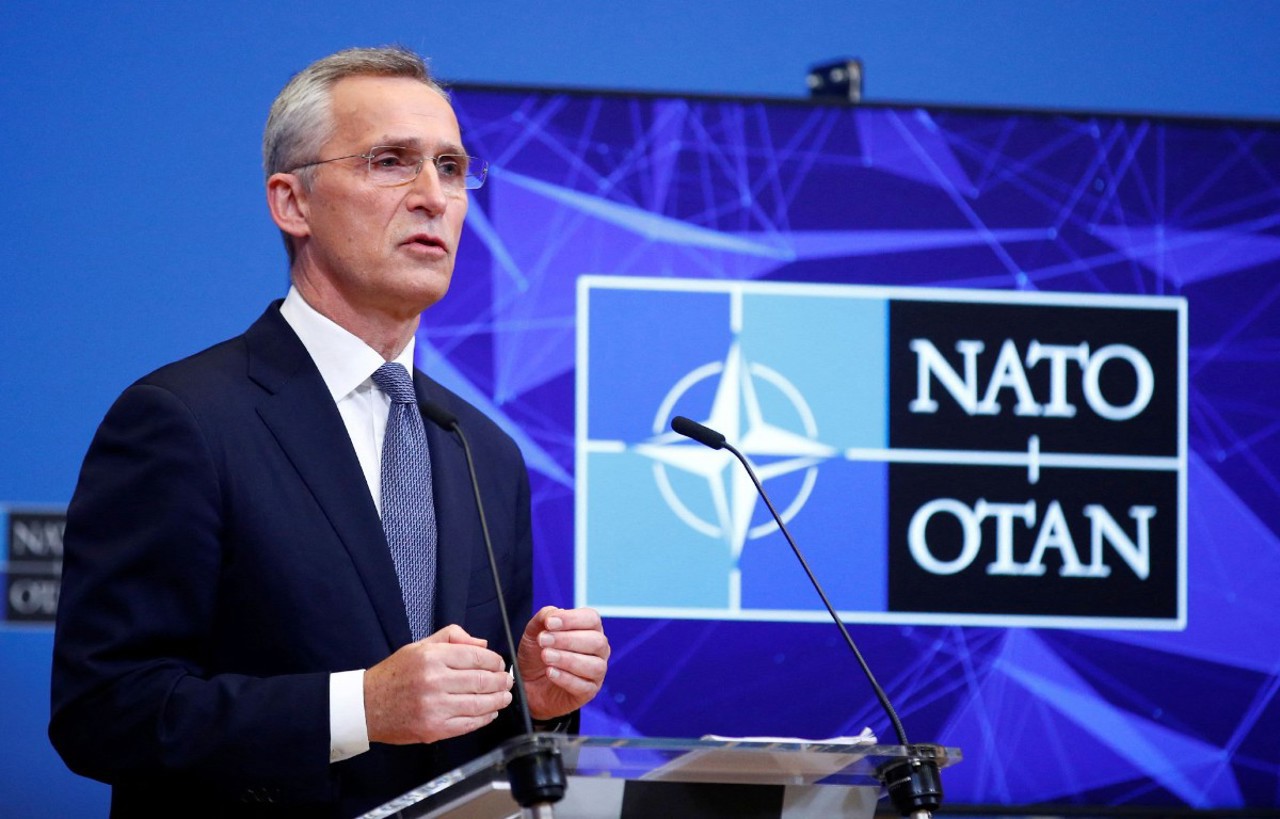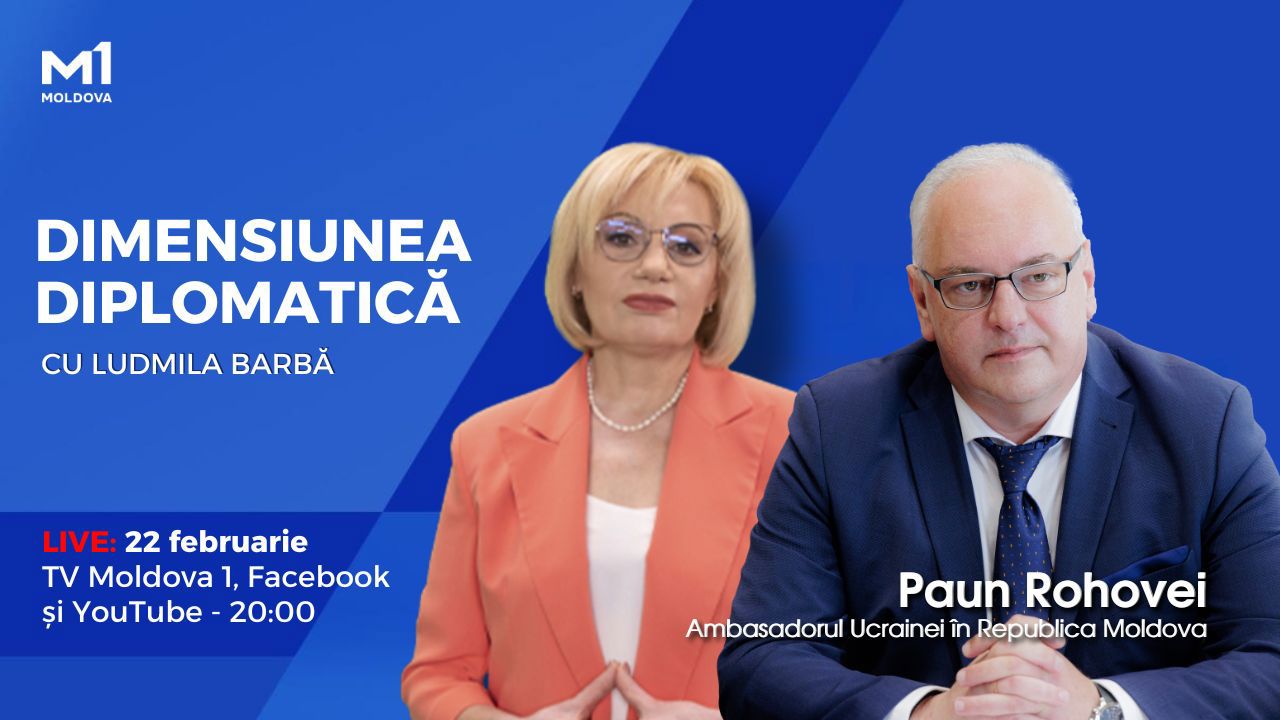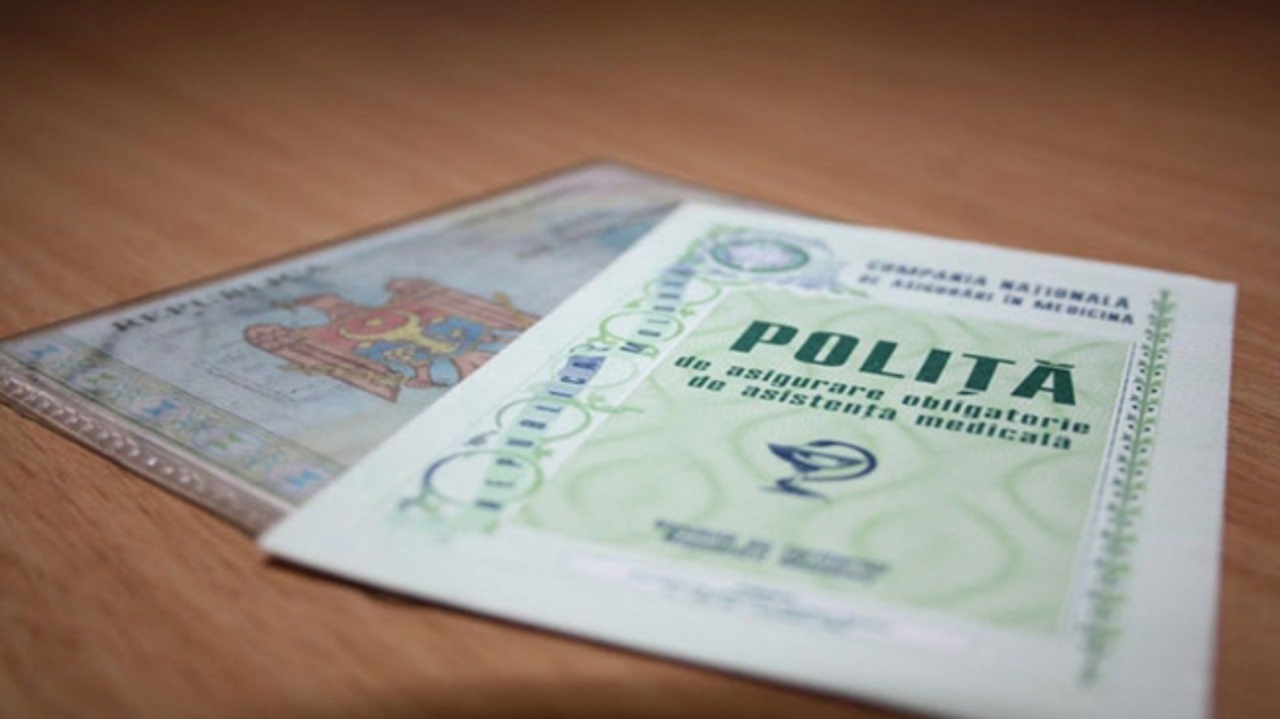NATO is increasing support for the Republic of Moldova, Ukraine, Georgia and Bosnia and Herzegovina, amid Russian threats
The North Atlantic Treaty Organization (NATO) is boosting its support for the Republic of Moldova, Ukraine, Georgia and Bosnia and Herzegovina, in the context of Russian threats. The announcement was made by the Secretary General of the North Atlantic Alliance, Jens Stoltenberg, following a meeting of NATO defense ministers. According to the official, the ministers decided at the same time to significantly strengthen their deterrence and defense posture by increasing stockpiles of weapons and ammunition.

"This reflects the reality that we live in a more dangerous world. With the aggressive behavior of Russia, the persistent threat of terrorism and the provocations by China. It will lead to capacity changes for years to come. Let's make sure that our deterrence and defense remain strong and credible," said Jens Stoltenberg, quoted in a statement issued by NATO.
Also, according to the quoted source, the NATO ministers agreed, today, to boost support for "other partners in danger", including the Republic of Moldova, Bosnia and Herzegovina and Georgia.
At the same time, the members of the Alliance expressed their support for Ukraine, a country at war with Russia for almost a year. Jens Stoltenberg welcomed, in this context, the support commitments made by NATO Allies to Ukraine, including more heavy weapons and military training. He also thanked Allies for their significant contributions to NATO's Capability Assistance Package, which provides Ukraine with food, fuel and counter-drone medical equipment.
Ministers also today discussed ways to increase industrial capacity and replenish stockpiles of arms and ammunition, which are in greater demand than ever, given unprecedented Allied support for Ukraine. According to the statement cited, the measures include the need to increase industrial capacity and work closely with industry, as well as to review NATO's capacity targets for ammunition stockpiles.




